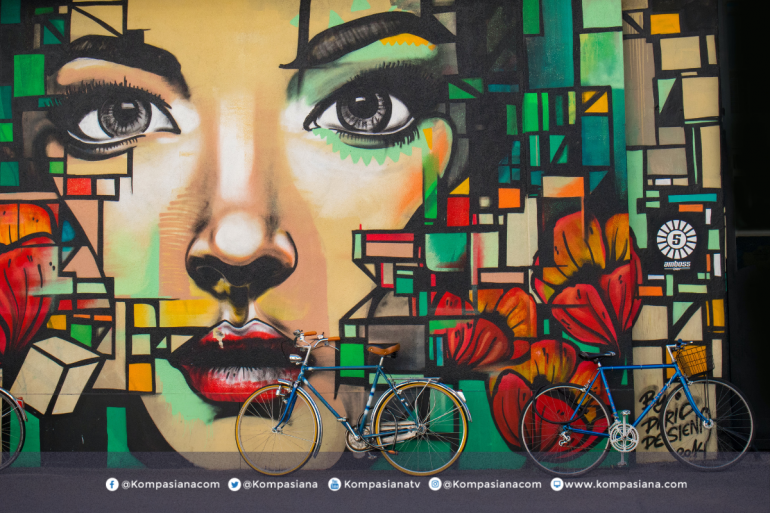Introduction
By giving authors temporary monopolies, intellectual property (IP) laws were intended to encourage innovation and creativity. These regulations, however, have evolved into instruments of corporate control under late capitalism, stifling innovation, restricting access to information, and imposing artificial scarcity. Generative AI offers a rare chance to highlight the inconsistencies in IP law and present a strong argument against its applicability.
The Crisis of Intellectual Property in the Age of AI
1. The Collapse of Originality
Large volumes of publicly accessible and copyrighted data are used to train generative AI models, which make it difficult to distinguish between "original" and "derivative." The idea of private ownership over ideas is untenable if artificial intelligence is able to produce literature, music, and art that is indistinguishable from works created by humans. AI's inherent capacity to remix and recombine previously created works emphasizes how all innovation is collaborative and reliant on prior knowledge.
2. The Inequity of Copyright Control
Companies and large copyright holders extract profit from publicly accessible datasets while enforcing strict control over creative creations. Since the same businesses that prosecute people for copyright infringement also profit from extensive data extraction, AI-generated material highlights the absurdity of intellectual property rules. The rationale for stringent copyright regulations vanishes if AI is able to lawfully create an infinite number of versions of already-existing works.
3. Artificial Scarcity vs. Digital Abundance
It is evident from generative AI that conventional material limitations no longer apply to artistic output. Digital commodities, like AI-generated text, photos, and music, may be replicated indefinitely at almost no cost, but physical goods are limited. Monopoly-based intellectual property laws, which unnecessarily limit access to knowledge and creativity, are rendered unnecessary by this change.
How Leftists Can Leverage Generative AI Against IP Laws
1. Demonstrating IP Contradictions
AI-generated content can be used by activists to draw attention to the disparities in IP enforcement. For instance, we reveal how copyright rules are enforced arbitrarily to favor businesses over artists by producing AI-generated books in the style of well-known authors or AI-generated artwork in the style of well-known painters.
2. Decentralizing Cultural Production
With the use of AI tools, anyone may create excellent content without depending on big publishers, studios, or businesses. Because of this decentralization, corporate entities' control over media production is weakened, allowing grassroots innovators to freely disseminate knowledge and culture.
3. Open-Sourcing AI Models
Leftist technologists may challenge proprietary software monopolies by promoting and creating open-source AI models. Open-access AI technologies guarantee that cultural production stays in the hands of the public rather than private organizations while democratizing technological developments. For example, China's DeepSeek is an open-source AI model, which means resource efficiency.
4. Mass AI-Generated Archives
Massive open-access repositories of AI-generated content that imitate and build upon previously published copyrighted works can be produced by leftists. This tactic reveals how constrictive copyright regulations impede the free flow of ideas and information that would otherwise be advantageous to society as a whole.
The Road to Post-IP Society
By leveraging AI to reveal the contradictions of IP law, leftists can advocate for a post-IP world where knowledge and culture belong to the commons. Key policy goals should include:
- Abolishing Copyright Monopolies: Shift towards a commons-based approach where all knowledge and cultural works are freely accessible.
- Publicly Funded Creative AI: Support public AI development to ensure that technological advancements benefit society rather than corporate interests.
- Universal Basic Knowledge Access: Establish open-access libraries for AI-generated and human-created content alike.
Conclusion
In addition to being a technological advance, generative AI is a transformative instrument that can reveal and eliminate the inconsistencies in late-stage capitalism's intellectual property regulations. The left may go toward a future where information and creativity are genuinely free for everyone by using AI to refute artificial scarcity, expose the myth of originality, and decentralize cultural creation.








